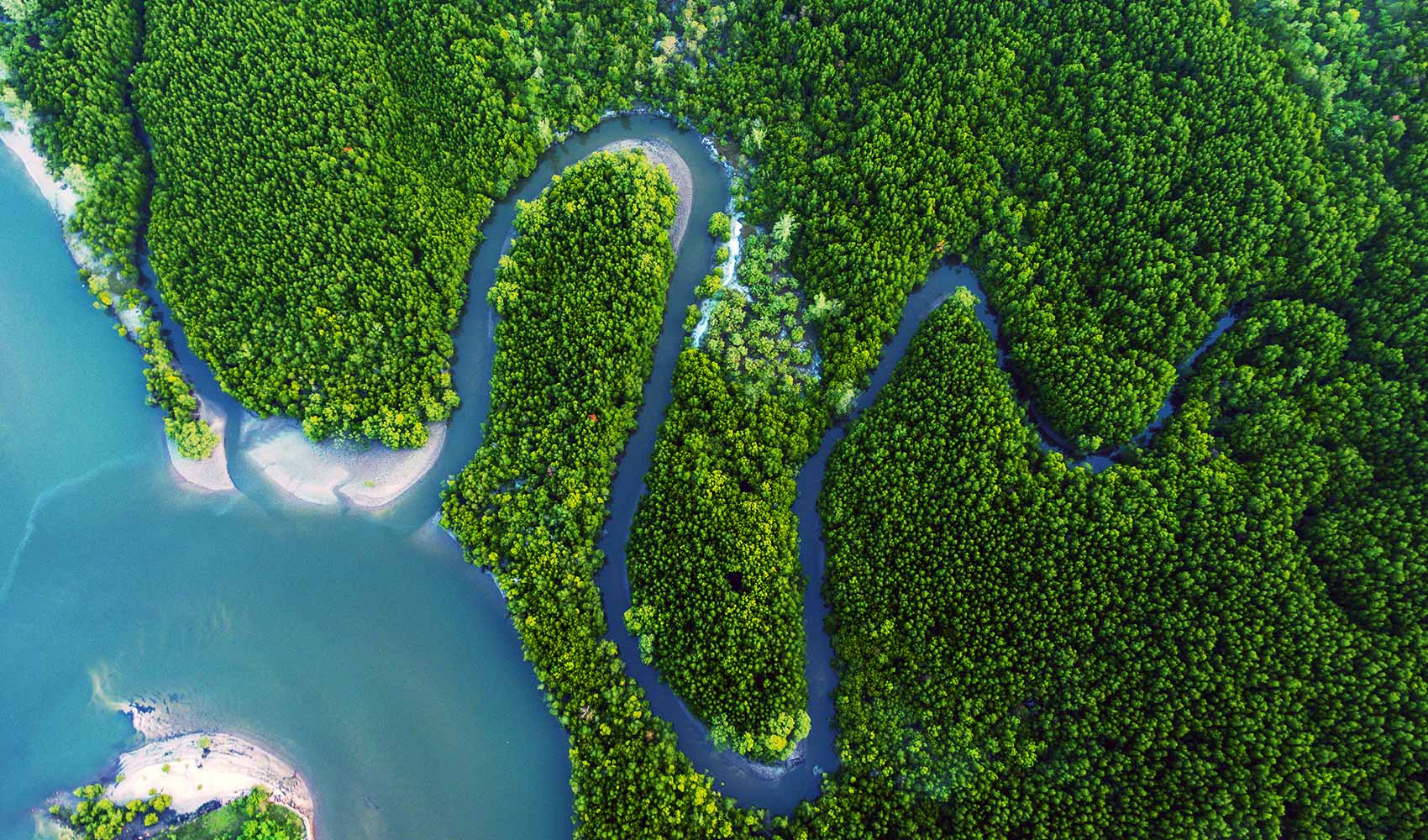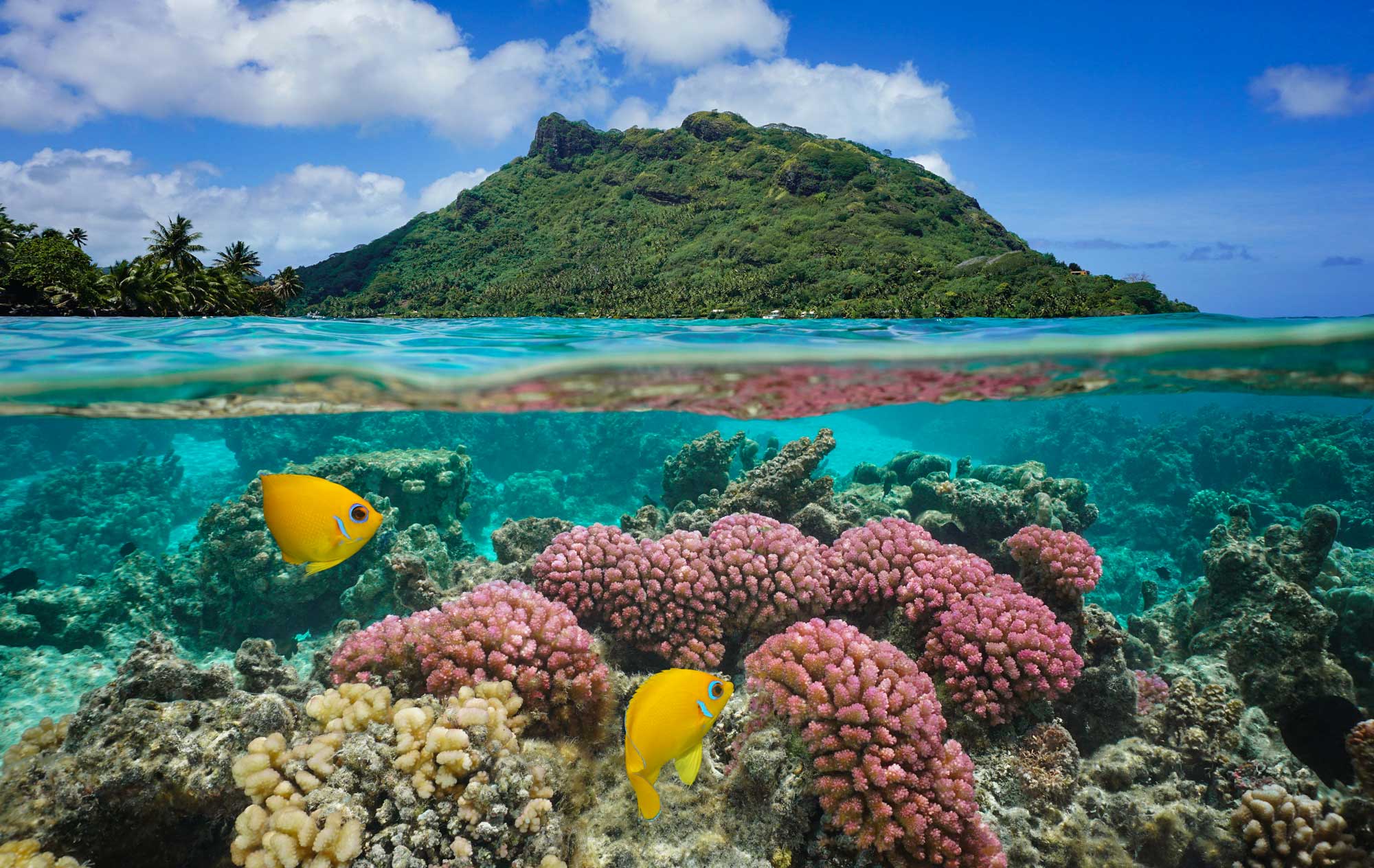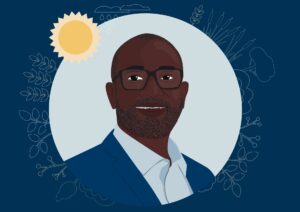Tides are changing: Source-to-sea science for a healthy ocean
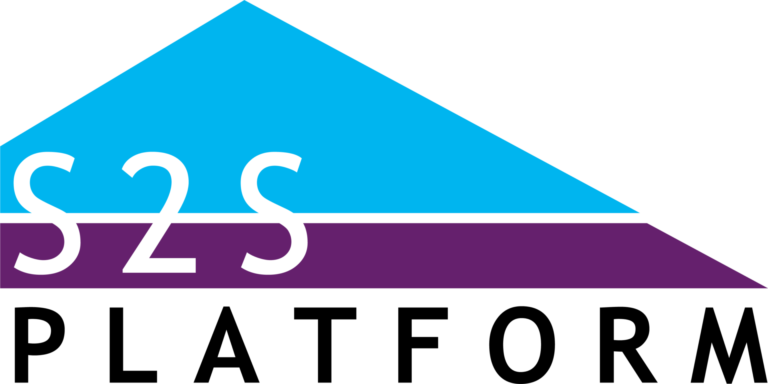
Action Platform for Source-to-Sea Management
The Action Platform for Source-to-Sea Management is a network of organizations committed to promoting, implementing, and building expertise on source-to-sea management.
Action Platform for Source-to-Sea ManagementThe Action Platform for Source-to-Sea Management (S2S Platform) is a multi-stakeholder initiative that is working toward a world in which land, freshwater, coastal and marine resources are managed holistically, balancing benefits for the environment, communities, and economy from source to sea. It does this through supporting the adoption and implementation of a source-to-sea approach to management at regional, national, and sub-national levels.
Why do we need to put the ocean first and how can source-to-sea management help?
A healthy ocean means a healthy planet, and a healthy planet is vital for the well-being of generations to come. Whether by eradicating poverty or regulating the climate, the bottom line is that the ocean matters. World Oceans Day is our opportunity – as decision-makers, industry, civil society, scientists, and you and me – to tip the balance and move from agreement to meaningful action.
Society generates an inordinate amount of diverse pollutants and contaminants, which derive from a wide variety of land and sea-based sources. The resulting pollution is unsustainable for the ocean, which jeopardizes ecosystems, and in-turn human health and livelihoods. Filling knowledge gaps and generating interdisciplinary and co-designed knowledge on the causes and sources of pollution, and its effects on ecosystems and human health, is critical.
By considering the entire source to sea system, source-to-sea management widens the perspective to include upstream and downstream linkages. It brings stakeholders from across the system together to develop science-based solutions that can eliminate pollution at the source, mitigate harmful activities, and remove pollutants from aquatic ecosystems. In other words, the source-to-sea approach advances holistic action that increases the coherence of management across land, freshwater, coasts, and the ocean, which ultimately leads to a healthier, more sustainable ocean.
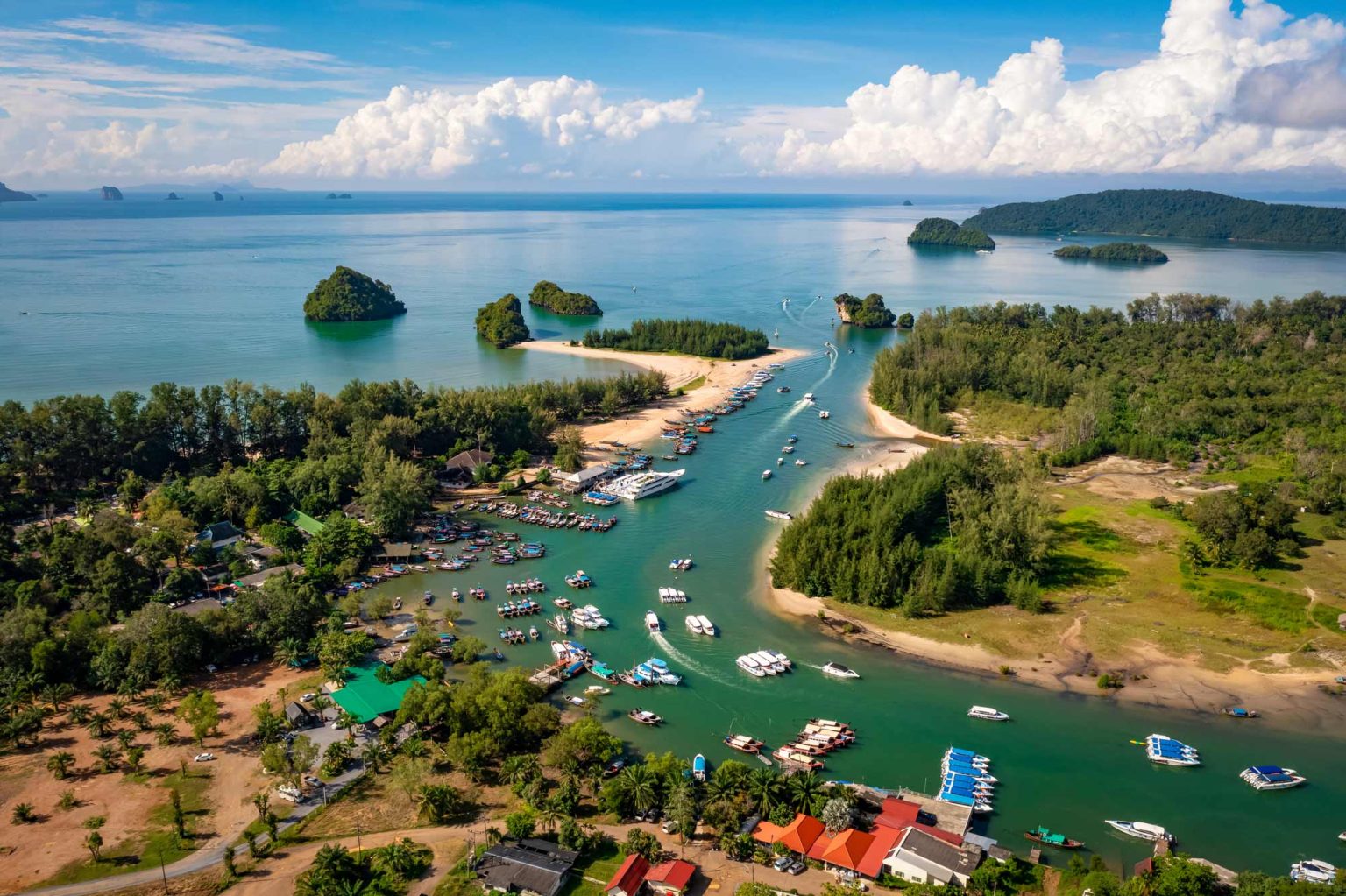
The IOC/UNESCO is coordinating the United Nations Decade of Ocean Science for Sustainable Development. How can source-to-sea perspectives contribute to the scientific efforts to protect our ocean and realize the Sustainable Development Goals (SDGs)?
Even though humans rely on the ocean for food, income, shipping, and medicine, there is unanimous agreement that it is our activities that are causing the state of ocean health to decline, due to climate change, overexploitation of marine resources, pollution etc.
The ambition of the Ocean Decade is to reverse this situation and contribute to the goals of the 2030 Agenda for Sustainable Development, which is beyond the capacity of any single nation, stakeholder group, or scientific discipline. That is why collaboration is crucial.
As a multidisciplinary, multi-stakeholder, and knowledge-based approach for achieving sustainable development from local to global scales, source-to-sea management echoes the objective of the Ocean Decade. It addresses the biophysical, social, and economic linkages between land, freshwater, and ocean environments, spanning many of the priorities of the 2030 Agenda including: SDG 6 on clear water and sanitation, SDG 11 on sustainable cities and communities, SDG 12 on responsible consumption and production, SDG 14 on seas and the ocean, SDG 13 on climate action, and SDG 15 on ecosystems and biodiversity on land.
Source-to-sea management will play a key role in the success of the Ocean Decade by facilitating the generation of data, science, and technology needed to move from the ‘ocean we have’ to the ‘ocean we want’. In fact, one of our Ocean Decade Programmes – ‘Healthy Rivers, Healthy Ocean’ – is already making a difference by fostering source-to-sea action on the ground through partnerships and knowledge sharing!
“World Oceans Day is our opportunity – as decision-makers, industry, civil society, scientists, and you and me – to tip the balance and move from agreement to meaningful action. ”
IOC/UNESCO recently became a partner of the Action Platform for Source-to-Sea Management (S2S Platform). What motivated you to join the Platform and what are some of the main benefits of being part of the multi-stakeholder initiative?
IOC/UNESCO is honoured to be a partner of the S2S Platform. It’s not just about offering our expertise and networks – it’s also about benefiting from the experience of other institutions and putting it all at the service of transboundary and multi-stakeholder cooperation.
We are the only UN body with a mandate to support global ocean science and services, with major programmes in key areas such as ocean observations, data, capacity development, and marine spatial planning – all very relevant for the source-to-sea interface.
We help our 150 Member States in building their scientific and institutional capacity, so we have an incredibly strong national base on all continents, whilst we also collaborate with regional, international, and intergovernmental bodies. We have decades of experience influencing policymaking and providing authoritative data to ultimately improve the health and sustainable management of the ocean.
The land-freshwater-marine ecosystems are intricately linked, and only by working together will we successfully coordinate actions, build momentum worldwide, and lead initiatives that address source-to-sea challenges that ensure benefits across the entire water cycle. We are delighted to be part of this movement!
The S2S Platform has its 2021-2025 Strategy, how can IOC/UNESCO contribute to achieving its goals?
The S2S Platform 2021-2025 Strategy outlines four strategic aims:
- Strengthening partnership across actors and initiatives
- Growing understanding
- Building commitment for source-to-sea action
- Taking action on the ground
With its unique position within the UN system and globally, IOC/UNESCO can contribute to the S2S Platform Strategy by promoting international cooperation around source-to-sea approaches for improved management, sustainable development, and protection of the environment across land, freshwater, coastal, and marine ecosystems.
Through the Ocean Decade, initiatives from around the world will flourish to build a holistic ‘green-blue pathway’ towards the 2030 Agenda. These actions will strengthen and develop knowledge products, increase understanding of the importance of source-to-sea linkages, and encourage policy uptake around the interconnection of all water bodies. IOC/UNESCO will also play its part in showcasing the lessons learned and success stories from implementation in different contexts.
We have no doubt that the global source-to-sea knowledge hub established by the S2S Platform strategy will benefit from the experience and engagement of its partners, all committed to the success of the S2S Platform!
Learn more about the Action Platform for Source-to-Sea Management
Source-to-Sea Action Platform